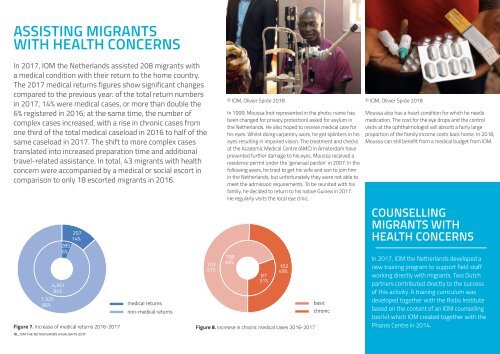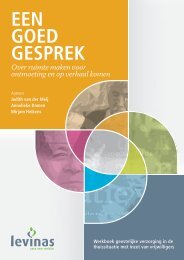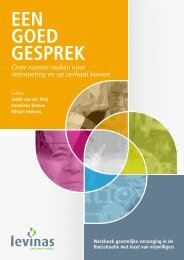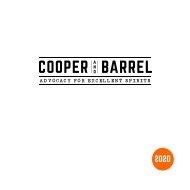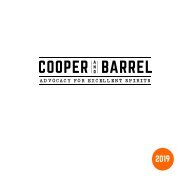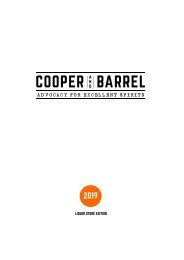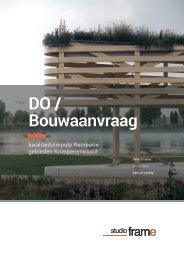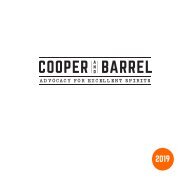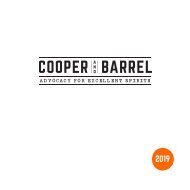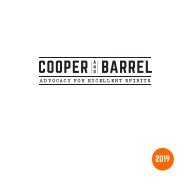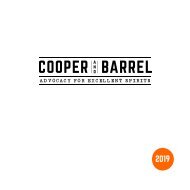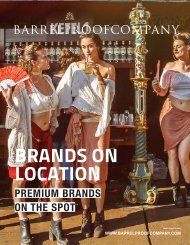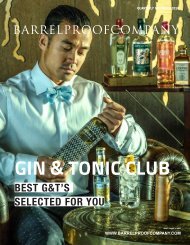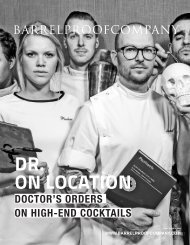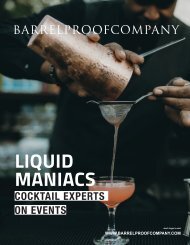IOM_ANNUAL _2017
Create successful ePaper yourself
Turn your PDF publications into a flip-book with our unique Google optimized e-Paper software.
ASSISTING MIGRANTS<br />
WITH HEALTH CONCERNS<br />
In <strong>2017</strong>, <strong>IOM</strong> the Netherlands assisted 208 migrants with<br />
a medical condition with their return to the home country.<br />
The <strong>2017</strong> medical returns figures show significant changes<br />
compared to the previous year: of the total return numbers<br />
in <strong>2017</strong>, 14% were medical cases, or more than double the<br />
6% registered in 2016; at the same time, the number of<br />
complex cases increased, with a rise in chronic cases from<br />
one third of the total medical caseload in 2016 to half of the<br />
same caseload in <strong>2017</strong>. The shift to more complex cases<br />
translated into increased preparation time and additional<br />
travel-related assistance. In total, 43 migrants with health<br />
concern were accompanied by a medical or social escort in<br />
comparison to only 18 escorted migrants in 2016.<br />
1,325<br />
86%<br />
4,351<br />
94%<br />
285<br />
6%<br />
207<br />
14%<br />
Figure Increase 7. of Increase medical of returns medical 2016-<strong>2017</strong><br />
returns 2016-<strong>2017</strong> Figure 8. Increase in chronic medical cases 2016-<strong>2017</strong><br />
Increase in chronic medical cases 2016-<strong>2017</strong><br />
10_<strong>IOM</strong> THE NETHERLANDS HIGHLIGHTS <strong>2017</strong><br />
medical returns<br />
non-medical returns<br />
105<br />
51%<br />
© <strong>IOM</strong>, Olivier Sprée 2018<br />
In 1999, Moussa (not represented in the photo; name has<br />
been changed for privacy protection) asked for asylum in<br />
the Netherlands. He also hoped to receive medical care for<br />
his eyes. Whilst doing carpentry work, he got splinters in his<br />
eyes resulting in impaired vision. The treatment and checks<br />
at the Academic Medical Centre (AMC) in Amsterdam have<br />
prevented further damage to his eyes. Moussa received a<br />
residence permit under the ‘generaal pardon’ in 2007. In the<br />
following years, he tried to get his wife and son to join him<br />
in the Netherlands, but unfortunately they were not able to<br />
meet the admission requirements. To be reunited with his<br />
family, he decided to return to his native Guinea in <strong>2017</strong>.<br />
He regularly visits the local eye clinic.<br />
198<br />
69%<br />
87<br />
31%<br />
102<br />
49%<br />
basic<br />
chronic<br />
© <strong>IOM</strong>, Olivier Sprée 2018<br />
Moussa also has a heart condition for which he needs<br />
medication. The cost for the eye drops and the control<br />
visits at the ophthalmologist will absorb a fairly large<br />
proportion of the family income costs back home. In 2018,<br />
Moussa can still benefit from a medical budget from <strong>IOM</strong>.<br />
COUNSELLING<br />
MIGRANTS WITH<br />
HEALTH CONCERNS<br />
In <strong>2017</strong>, <strong>IOM</strong> the Netherlands developed a<br />
new training program to support field staff<br />
working directly with migrants. Two Dutch<br />
partners contributed directly to the success<br />
of this activity. A training curriculum was<br />
developed together with the Risbo Institute<br />
based on the content of an <strong>IOM</strong> counselling<br />
tool kit which <strong>IOM</strong> created together with the<br />
Pharos Centre in 2014.


